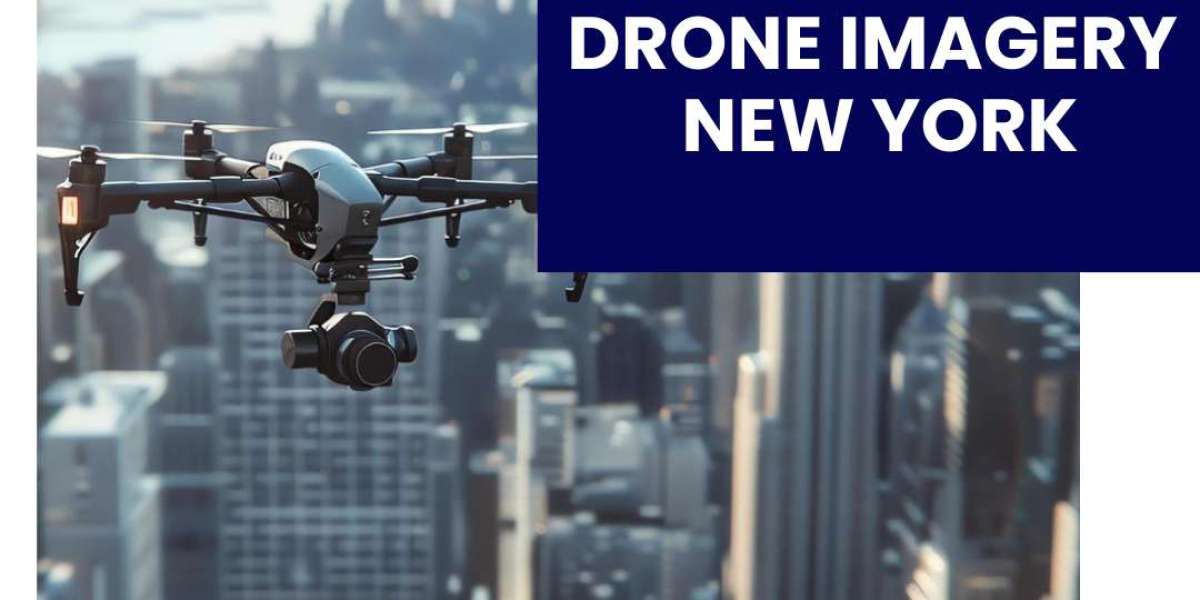The cardiovascular diagnostics market is undergoing a major transformation driven by technological innovation, rising prevalence of heart diseases, and an increasing emphasis on early detection and personalized care. Cardiovascular diseases (CVDs) remain the leading cause of mortality worldwide, placing immense pressure on healthcare systems to adopt more effective, timely, and non-invasive diagnostic techniques. In response, a wave of innovation is reshaping the way heart conditions are identified and monitored.
Emerging Technologies in Cardiovascular Diagnostics
One of the most significant innovations in the cardiovascular diagnostics market is the advancement of non-invasive imaging technologies. Techniques such as cardiac magnetic resonance imaging (MRI), computed tomography angiography (CTA), and 3D echocardiography are providing high-resolution, real-time insights into heart anatomy and function. These tools not only reduce patient discomfort but also offer earlier and more accurate diagnoses compared to traditional methods like invasive angiography.
Wearable technology is another breakthrough that’s gaining traction in cardiovascular diagnostics. Devices such as smartwatches, chest patches, and continuous ECG monitors are enabling long-term, real-time tracking of heart rhythms. These wearables can detect arrhythmias like atrial fibrillation, often before symptoms appear, allowing for proactive intervention. Integration with artificial intelligence (AI) enhances their capabilities by filtering noise, identifying patterns, and alerting users or healthcare providers to anomalies.
Role of Artificial Intelligence and Big Data
AI and machine learning algorithms are becoming essential tools in the cardiovascular diagnostics landscape. These technologies are being employed to analyze vast datasets from imaging scans, electrocardiograms (ECGs), and electronic health records. AI models can detect subtle changes or abnormalities that may be missed by the human eye. For instance, AI-assisted echocardiograms can help assess heart valve function, ejection fraction, and structural deformities with remarkable accuracy.
Predictive analytics is also gaining ground, with AI being used to stratify patients based on their risk for heart attacks, strokes, or other cardiovascular events. By analyzing historical health data, lifestyle habits, and genetic markers, AI can help create individualized diagnostic and monitoring plans. This personalization of cardiovascular care not only improves outcomes but also reduces the burden on healthcare systems by focusing attention on high-risk individuals.
Biomarker-Based Innovations
Biomarkers play a critical role in cardiovascular diagnostics by providing biochemical evidence of disease processes. Recent innovations are focusing on expanding the panel of biomarkers beyond traditional ones like troponin and BNP (B-type natriuretic peptide). Novel biomarkers, such as microRNAs, inflammatory cytokines, and specific genetic markers, are being explored for their potential to indicate early-stage disease or predict future cardiovascular risk.
Lab-on-a-chip technology is a groundbreaking development that integrates biomarker testing with miniaturized lab systems. These portable diagnostic devices can perform complex blood analyses rapidly and with minimal sample volumes. In emergency settings, such technologies can be crucial in diagnosing conditions like myocardial infarction within minutes.
Point-of-Care and Remote Diagnostics
Point-of-care (POC) diagnostics are revolutionizing cardiovascular care by bringing testing closer to the patient. Portable ECG machines, handheld ultrasound devices, and blood testing kits allow healthcare providers to make quick, informed decisions without needing centralized labs or imaging centers. These innovations are particularly useful in rural or underserved areas where access to specialist care is limited.
Telecardiology has also emerged as a vital innovation in the post-pandemic healthcare environment. Through remote consultations and diagnostics, patients with cardiovascular symptoms can receive timely evaluations and monitoring. This model reduces hospital visits and enables ongoing care for patients with chronic conditions like heart failure or arrhythmias.
Genomics and Personalized Medicine
Genomics is playing an increasing role in cardiovascular diagnostics, allowing for the identification of genetic predispositions to conditions such as hypertrophic cardiomyopathy, familial hypercholesterolemia, and arrhythmogenic right ventricular dysplasia. Genetic testing panels are becoming more accessible and are being incorporated into diagnostic workflows, especially for patients with a family history of heart disease.
This genomic data is foundational to personalized medicine, where treatment and monitoring plans are tailored to the individual’s genetic profile, lifestyle, and environmental risk factors. This approach not only improves patient outcomes but also helps avoid unnecessary treatments and side effects.
Challenges and Future Outlook
Despite these innovations, the cardiovascular diagnostics market faces several challenges, including regulatory hurdles, data privacy concerns, and the need for skilled personnel to interpret complex diagnostic information. Integration of new technologies into existing healthcare infrastructure can also be slow and expensive.
However, the future is promising. Continuous research and collaboration among technology companies, healthcare providers, and academic institutions are fostering the development of more accurate, affordable, and user-friendly diagnostic tools. As innovations continue to evolve, the global goal of reducing cardiovascular mortality through early detection and targeted treatment becomes increasingly attainable.








